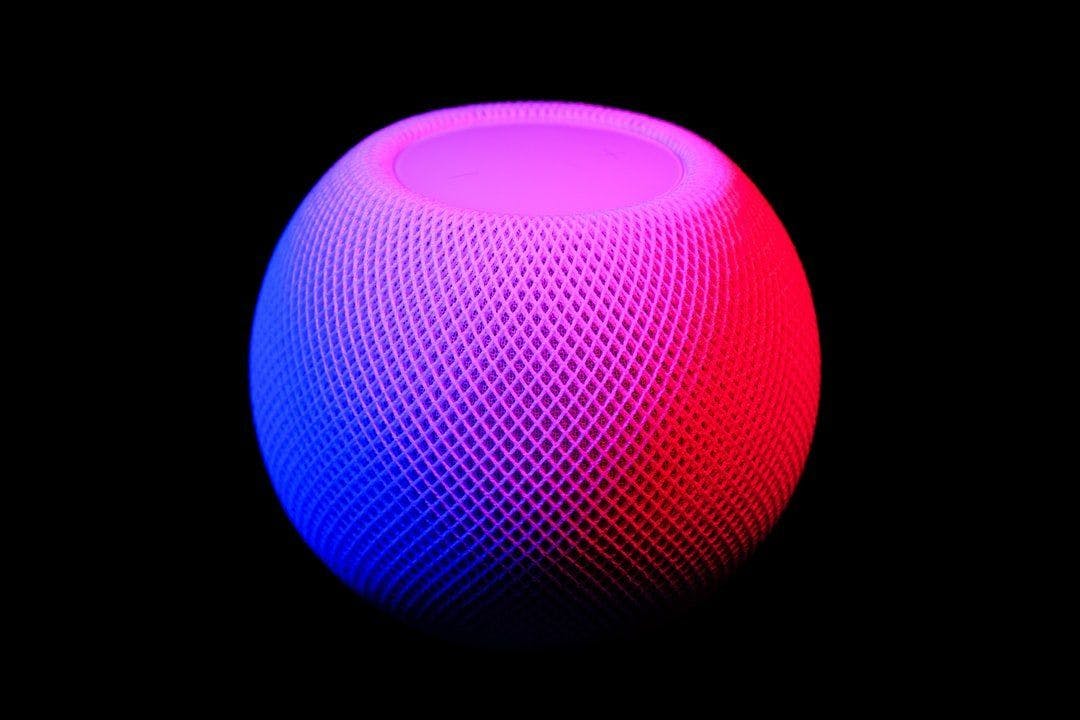204 reads
Smart Speakers: A Blessing Or A Curse?
by
May 31st, 2021
I'm a researcher, writer, and editor. I'm into technology and non-technology topics. Also, I love food.
About Author
I'm a researcher, writer, and editor. I'm into technology and non-technology topics. Also, I love food.
